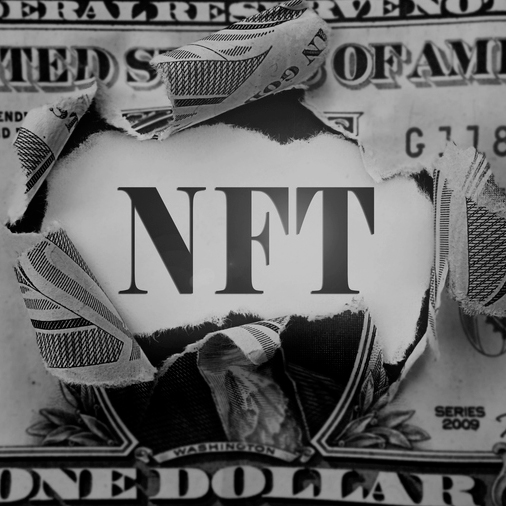Update March 3, 2022
The new law bars mandatory arbitration in workplace sexual assault and harassment cases, ensuring that cases of sexual harassment and assault in the workplace are public so as to stop repeat offenders.
The law will become effective immediately and applies to all claims that arise or accrue after March 3, 2022. It will not apply to ongoing arbitrations.
The Ending Forced Arbitration of Sexual Assault and Sexual Harassment Act allows sexual harassment and sexual assault survivors to elect to file a case in a court of law rather than be subject to mandatory, forced arbitration provisions in cases involving sexual harassment or sexual assault disputes. In other words, the law gives complainants more control over the forum that will hear the dispute as opposed to the employer.
Support for the law was garnered from the #MeToo movement that shined the spotlight on the problem of sexual harassment and sexual assault and how arbitration agreements insulate repeat offenders from public exposure. Over the last few years, several companies, including Facebook, Google, Microsoft, and Uber have dropped mandatory arbitration for sexual harassment claims due to employee protests also stemming from the #MeToo movement.
Significance for Employers
According to the American Association for Justice, roughly 60 million workers are subject to mandatory arbitration provisions at their place of employment. Thus, the impact of the law is huge.
It is important to also understand that the law also provides that mandatory pre-dispute arbitration agreements are invalid or unenforceable with respect to a case that relates to the sexual assault or sexual harassment dispute. Given this reach, it would not be surprising if employees seeking to avoid arbitration begin to assert sexual harassment or sexual assault claims along with their primary employment claims, if possible, to nullify a mandatory arbitration provision as to the entire case.
Now is a good time for employers to review their existing arbitration agreements and evaluate whether they should be revised to carve out sexual harassment and sexual assault cases.
As always, please let me know if I can help.
Kenneth Winkler, a shareholder at Berman Fink Van Horn, helps employers navigate the employment laws and regulations that govern the workplace.

